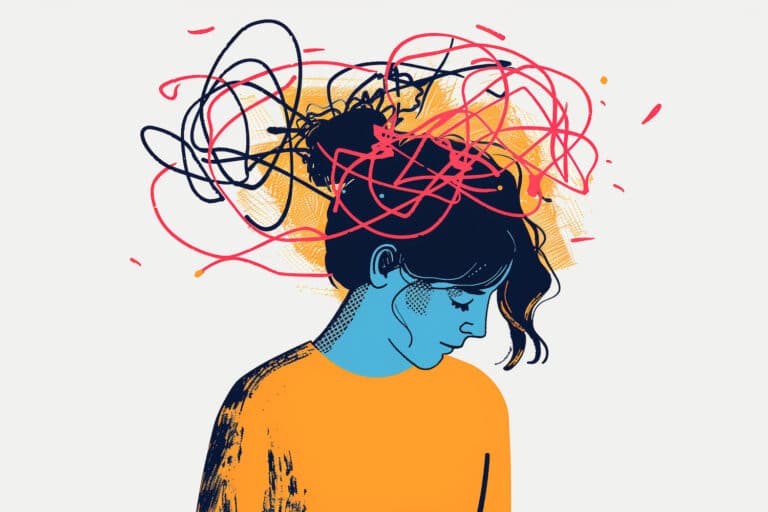Both anorexia and bulimia can seriously damage your body. These conditions take a greater physical toll than most other mental health problems. However, in anorexia vs bulimia, what’s the difference?
Each of these eating disorders begins for a wide range of reasons. Each has roots in a poor self-image and a desire for greater control over your life. The results of these conditions include extreme weight changes. They also include many side effects on both mental and physical health.
Anorexia vs Bulimia: How Are They Different?
What are the differences between anorexia and bulimia? Victims of both attempt to control their eating habits. However, each illness has its causes and symptoms. In anorexia vs bulimia, both also involve negative self-esteem.
People suffer from anorexia and bulimia in an attempt to lose weight. This desire for weight loss is both unhealthy and distorted. Both males and females can develop these diseases, but women suffer in far greater numbers.
Women with anorexia want to be as thin as possible. With anorexia, you stop eating or eat minimal calories each day. You suffer due to a loss of individuality and self-esteem.
Women with bulimia continue eating despite their condition. They binge, or overeat large amounts of food, for up to a few hours. After eating, they purge to rid the body of the food, doing so with laxatives or vomiting. These behaviors start with a desire to be thinner and appear a certain way, related to a warped sense of ideal weight.
Side Effects of Anorexia vs Bulimia
Both eating disorders cause hazardous physical and mental health consequences. Anorexia leads to heart problems, extreme fatigue, and kidney failure. Your vital organs fail to get the energy they need for proper functioning. In the drastic weight loss, you starve yourself to death.
Women suffering from bulimia deal with other symptoms that are mostly related to the methods used to purge themselves of calories. From vomiting food and digestive acids daily, your esophagus distorts, and your teeth decay. Your body suffers from a lack of vitamins. With bulimia, you appear to maintain a normal weight, but you still experience the ill effects of not giving your body the nutrients it needs.
Treatment for Eating Disorders
Each of these eating disorders requires help for recovery. You need treatment from medical and behavioral health professionals, counseling, and healthy nutritional changes. You rebuild your health, self-esteem, and life through cognitive behavioral therapy (CBT) and other evidence-based therapies.
Therapies well-suited for eating disorder treatment include:
- Individual counseling
- Self-acceptance, validation, and personal empowerment
- Healthy nutrition
- Family therapy
- Weight restoration
- Equine, yoga, holistic, and psychiatric care
At Magnolia Creek, eating disorders we treat include both anorexia and bulimia. With this help, you can get back to a healthier lifestyle and outlook for your future. Call Magnolia Creek now at 205-235-6989 for more information about anorexia vs bulimia.




